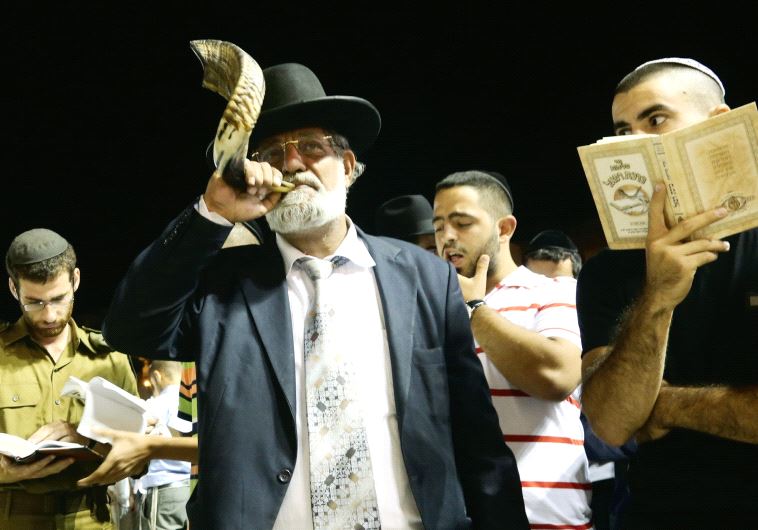Tradition Today: Preparing for judgment
The month of Elul begins this Sunday, and with it the time to prepare for Rosh Hashana and Yom Kippur.
 A man blows a shofar while others read ‘slihot’ during the Days of Awe at the Western Wall(photo credit: MARC ISRAEL SELLEM)
A man blows a shofar while others read ‘slihot’ during the Days of Awe at the Western Wall(photo credit: MARC ISRAEL SELLEM)